Does humic acid serve any purpose for container plants?
meyermike_1micha
15 years ago
Featured Answer
Sort by:Oldest
Comments (8)
jeannie7
15 years agoRelated Professionals
Aloha Landscape Contractors · Boca Raton Landscape Contractors · Coram Landscape Contractors · La Verne Landscape Contractors · La Vista Landscape Contractors · Mesa Landscape Contractors · Wallingford Landscape Contractors · Washington Landscape Contractors · St. Louis Window Contractors · Brooklyn Window Contractors · Goulds Window Contractors · Germantown Fence Contractors · Long Beach Fence Contractors · Maryland City Fence Contractors · Ramona Fence Contractorstapla (mid-Michigan, USDA z5b-6a)
15 years agomeyermike_1micha
15 years agohooked_on_ponics
15 years agoorganic_lahela
14 years agotapla (mid-Michigan, USDA z5b-6a)
14 years agoShyam Saxena
3 years ago
Related Stories
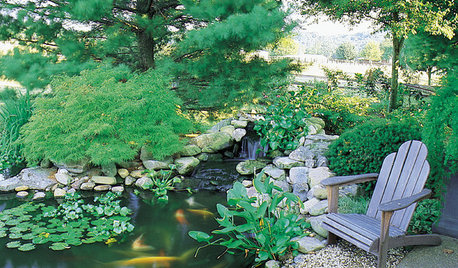
LANDSCAPE DESIGNKoi Find Friendly Shores in Any Garden Style
A pond full of colorful koi can be a delightful addition to just about any landscape or garden
Full Story
GARDENING GUIDES10 Standout Native Shrubs and Small Palms for Southern Gardens
These hardworking plants serve a variety of purposes, such as screening views and attracting native wildlife
Full Story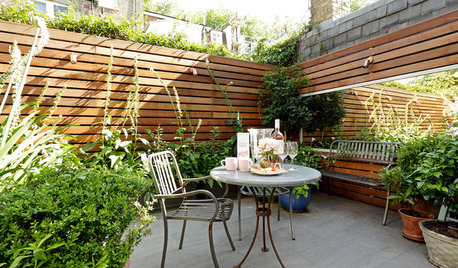
CONTAINER GARDENSPocket Gardens, Pint-Size Patios and Urban Backyards
A compact outdoor space can be a beautiful garden room with the right mix of plantings, furniture and creativity
Full Story
GARDENING FOR BUTTERFLIES3 Ways Native Plants Make Gardening So Much Better
You probably know about the lower maintenance. But native plants' other benefits go far beyond a little less watering and weeding
Full Story
FARM YOUR YARDHow to Build a Raised Bed for Your Veggies and Plants
Whether you’re farming your parking strip or beautifying your backyard, a planting box you make yourself can come in mighty handy
Full Story
HOUSEPLANTS10 Top Plants to Grow Indoors
Brighten a room and clean the air with a houseplant that cascades artfully, stretches toward the ceiling or looks great on a wall
Full Story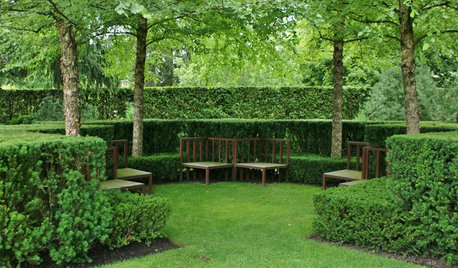
GARDENING GUIDESGrow Your Own Privacy: How to Screen With Plants and Trees
Use living walls to lower your home and garden's exposure while boosting natural beauty in your landscape
Full Story
HOUSEKEEPINGHow to Clean Marble Countertops and Tile
Acidic solutions can damage your marble surfaces. Here’s how to keep marble looking clean and amazing
Full Story
GREAT HOME PROJECTSHow to Make Your Garage a Storage Powerhouse
New project for a new year: Add shelving and containers to get your stuff off the garage floor — and still have room for the car
Full Story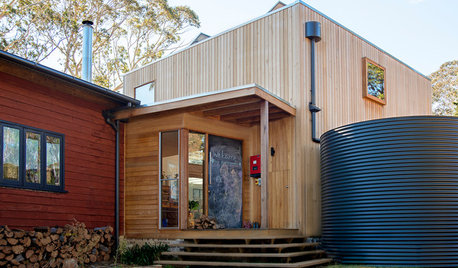
SAVING WATERIs a Rainwater Cistern Right for You?
These extra-large containers reduce runoff and save on the use of potable water for the landscape
Full StoryMore Discussions






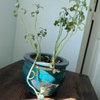

hooked_on_ponics